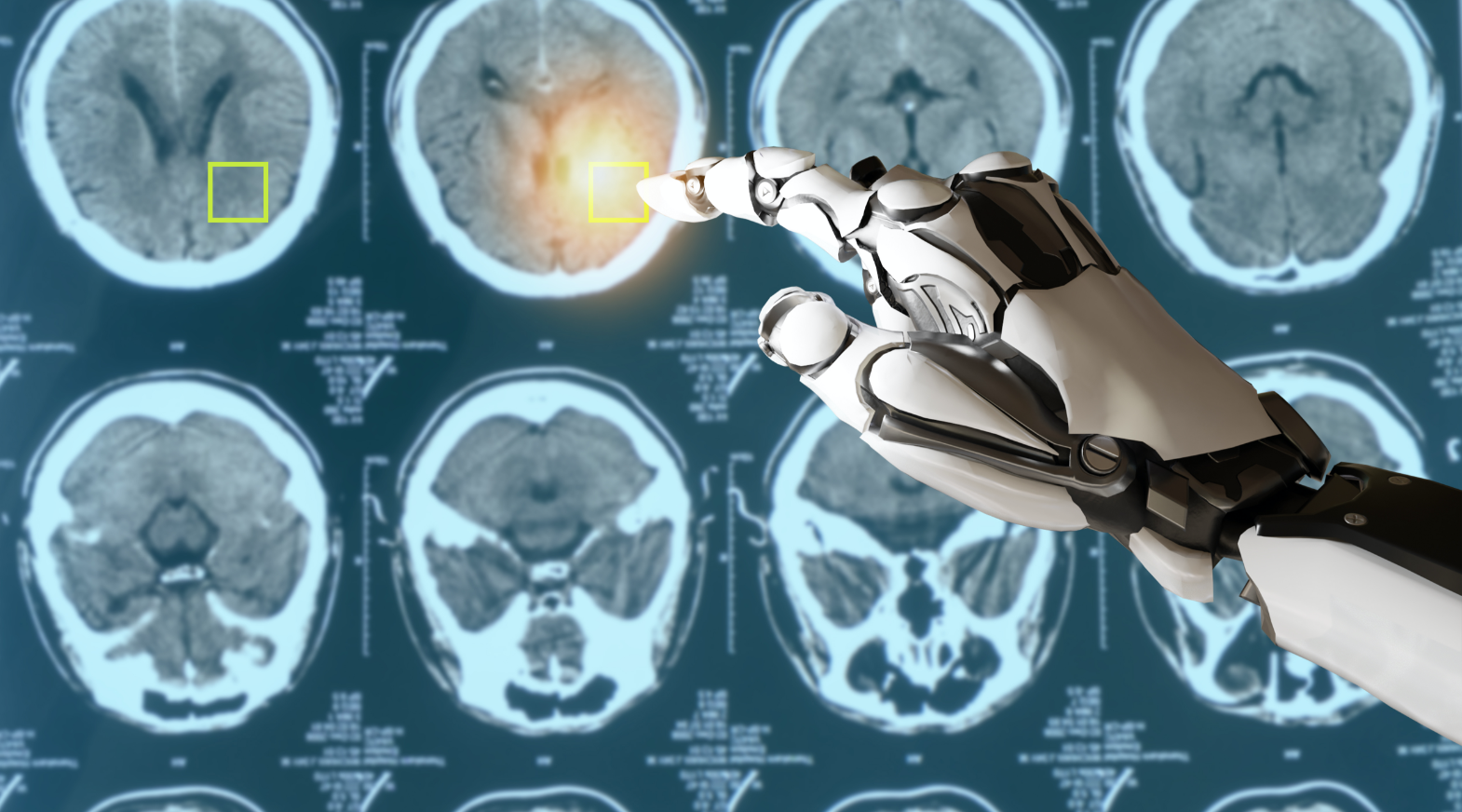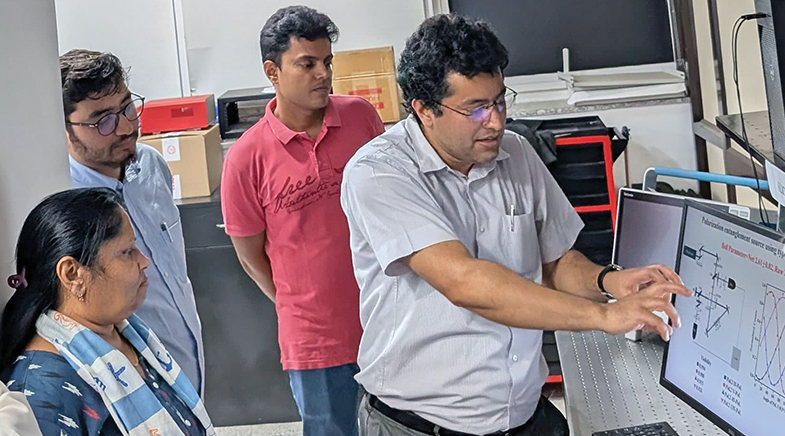An AI model that can identify cancer-causing gene mutation
-
- from Shaastra :: vol 01 edition 02 :: Jul - Aug 2021

A team of researchers at the Indian Institute of Technology Madras (IITM) has developed an artificial intelligence-based mathematical model capable of identifying cancer-causing 'driver mutations' in cells.
Identifying driver mutations, which are responsible for disease progression, is the key to accelerating early diagnosis as well as developing personalised therapies.
The algorithm perfected by a team led by Prof B. Ravindran, head of IITM's Robert Bosch Centre for Data Science and AI (RBCDSAI), and Dr Karthik Raman, an RBCDSAI faculty and Coordinator of the Centre for Integrative Biology and Systems medicinE (IBSE) at IITM, can help predict the driver mutations pretty accurately.
Cancer is caused by the accumulation of somatic mutations – genetic alterations acquired by a cell, which are passed on to the progeny of the mutated cell in the course of cell division. Such mutations are frequently caused by environmental factors such as exposure to ultraviolet radiation or to certain chemicals. A few of these mutations are responsible for the disease progression and are therefore called driver mutations. Other mutations are functionally neutral and have no role in the disease progression. These are called passenger mutations.
"One of the major challenges faced by cancer researchers involves the differentiation between the relatively small number of 'driver' mutations that enable the cancer cells to grow and the large number of 'passenger' mutations that do not have any effect on the progression of the disease," said Ravindran, also Mindtree Faculty Fellow at IIT Madras.
Identifying driver mutations, which are responsible for cancer progression, is the key to accelerating early diagnosis.
"Detecting driver mutations, particularly rare ones, is an exceptionally difficult task," said Raman, also associate professor in the Department of Biotechnology, Bhupat and Jyoti Mehta School of Biosciences, at IIT Madras.
In the study, which appeared recently in the journal Cancers, the researchers approached the problem rather innovatively.
Their goal was to discover patterns in the DNA sequences – made up of four letters, or bases, A, T, G and C surrounding a particular site of alteration. The underlying hypothesis was that these patterns would be unique to individual types of mutations – drivers and passengers - and could therefore be modelled mathematically to distinguish between the two classes. Using sophisticated AI techniques, the researchers developed NBDriver, a novel prediction algorithm, and tested its performance on several open-source cancer mutation datasets.
They showed that their model could distinguish between driver and passenger mutations from cancer genes with an accuracy of 89%; that could be improved to 95% if predictions from NBDriver are combined with those from three commonly used driver prediction algorithms.
Next, the team plans to develop an easy-to-use web interface that will enable cancer researchers to get predictions on their preferred set of variants as well as carry out further studies on the context of these mutations and how they impact the evolution of cancer.
Have a
story idea?
Tell us.
Do you have a recent research paper or an idea for a science/technology-themed article that you'd like to tell us about?
GET IN TOUCH














